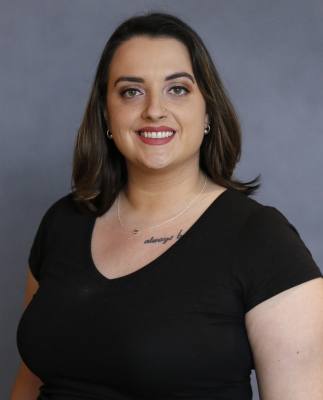Texas Education Commissioner Mike Morath spoke to League City Chamber of Commerce members at a July 16 webinar about the future of public education for the state’s more than 5 million students.
Morath, a graduate of Garland ISD in the Dallas area, spoke about his educational experience and identified the public education system’s key challenge: to equip its students for the American dream, regardless of their socioeconomic status. While this was a challenge before the coronavirus pandemic, Morath said COVID-19 set the Texas school system up for “a massive disruption.”
“We had to pivot on very short order to one of the biggest disruptions in public education in the history of the United States,” he said.
There are 8,600 public schools in Texas, with 700,000 adults working in the public education system and $70 billion each year allocated to Texas schools, Morath said. The state’s educators are nervous but motivated when it comes to tackling the issues faced in classrooms amid the pandemic, he said, adding many changes are happening rapidly in public education.
Still, school districts have been inconsistent with what they were able to accomplish during the spring as far as remote learning and adaptations to the coronavirus, he said. These inconsistencies must be resolved to avoid lasting damage, Morath said.
“We cannot also allow it to become a generational education crisis,” he said of the coronavirus pandemic.
Since the pandemic began, Morath has conducted consistent briefing calls with superintendents, at first every day but now two days a week. He also has monthly conversations with school board leaders.
When asked about how much input the Texas Education Agency and his office have gotten from Texans of all walks of life, Morath said his office tries to take a proactive stance at soliciting feedback. Nearly all of the state’s school districts are majority Black and Latino, he said, so feedback from nonwhite educators is frequent. His office also tries to get specific feedback from districts in rural settings, where there are other challenges with public education.
“If I haven’t talked to you personally, I have tried,” he added.
Morath encouraged community stakeholders to consider getting involved within the education system. This includes serving on district-level advisory committees, running for school board positions and volunteering for local youth mentorship programs, he said.
Revised TEA guidelines for the 2020-21 school year will be released as soon as July 17, Morath said—but given how large Texas is, it is difficult to provide a framework for clear operation.
“These are extraordinarily challenging issues ... and we’re doing our best,” Morath said. “We in public education, our job is to teach. It is important for us to also have the heart of a student and learn as we approach it.”





